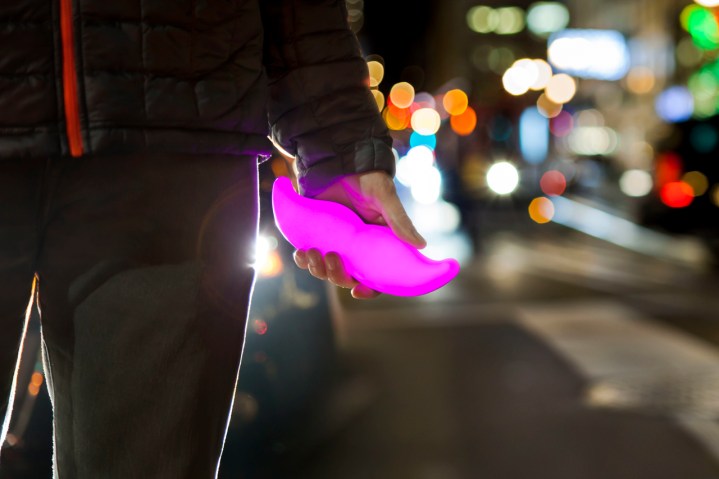
Getting the people of the United States from Point A to Point B is no small task, and it can take its toll on the environment. While Lyft has figured out how to effectively transport its passengers in an efficient and rather cost-effective manner, it remains the case that this convenience comes at quite an ecological cost. But now, the ridesharing giant is doing what it can to offset those costs — literally. This week, Lyft launched a program to “immediately offset the carbon emissions from all rides globally.” As a result, moving forward, the company has committed to ensuring that “any Lyft ride … will be carbon neutral.”
As it stands, there are approximately 1.4 million cars that drive for the San Francisco-based company. And while this program doesn’t mean that Lyft will suddenly replace all these cars with electric versions, it does mean that Lyft will be directly funding emission mitigation efforts, “including the reduction of emissions in the automotive manufacturing process, renewable energy programs, forestry projects, and the capture of emissions from landfills,” as per a Medium blog post. In this way, Lyft effectively seeks to balance out the negative impact that its cars have by doing some ecological good.
“This in a sense puts a tax on ourselves to continue to move toward shared rides and lower emission vehicles,” said Lyft Co-founder and President John Zimmer in an interview with Reuters. While it’s unclear as of yet exactly how much money Lyft is committing to making these offset purchases, considering that Lyft drivers made 376 million rides in 2017 and drove over a billion miles, it’s safe to say that it’s a big ticket pledge.
The company says that it’ll be depending in part on its more than $4 billion in venture funding to pay for this new initiative, and is calling it a “multi-million dollar investment in the first year alone.” The program also means that Lyft will become one of the top voluntary purchasers of carbon offsets, and in the first year of the program, the company believes it will offset more than one million metric tons of carbon.
“We feel immense responsibility for the profound impact that Lyft will have on our planet,” Lyft co-founders John Zimmer and Logan Green wrote. “As we continue to grow, we have a greater responsibility to dedicate material resources to our vision and values. In the future all vehicles will operate with clean energy. But climate change is not waiting. It’s happening now, and it presents a clear and immediate threat to our world and those who live in it. Action cannot wait.”


